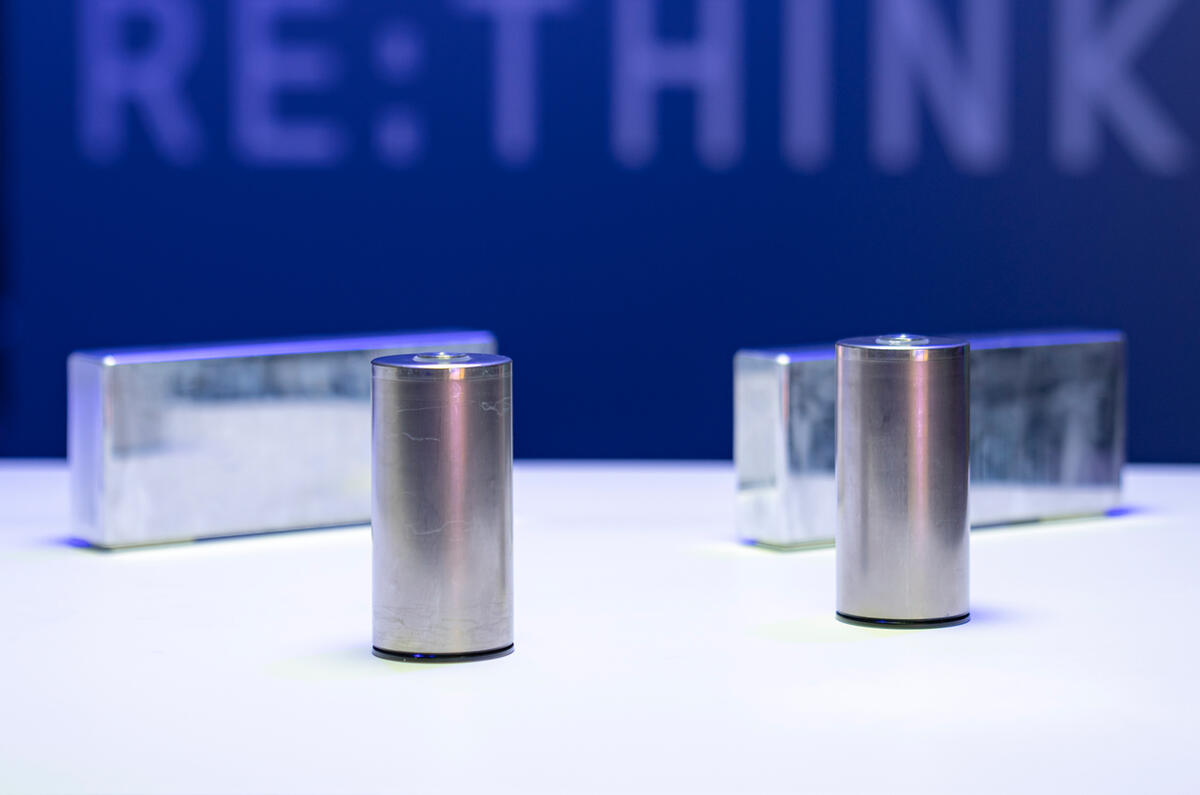BMW has partnered with Japanese battery manufacturer Envision AESC to secure cells for its next generation of US-built 'X' electric SUVs.
Envision will build a 30GWh facility – sufficient capacity for roughly 300,000 electric vehicles per year – near BMW’s Spartanburg plant in South Carolina.




Add your comment